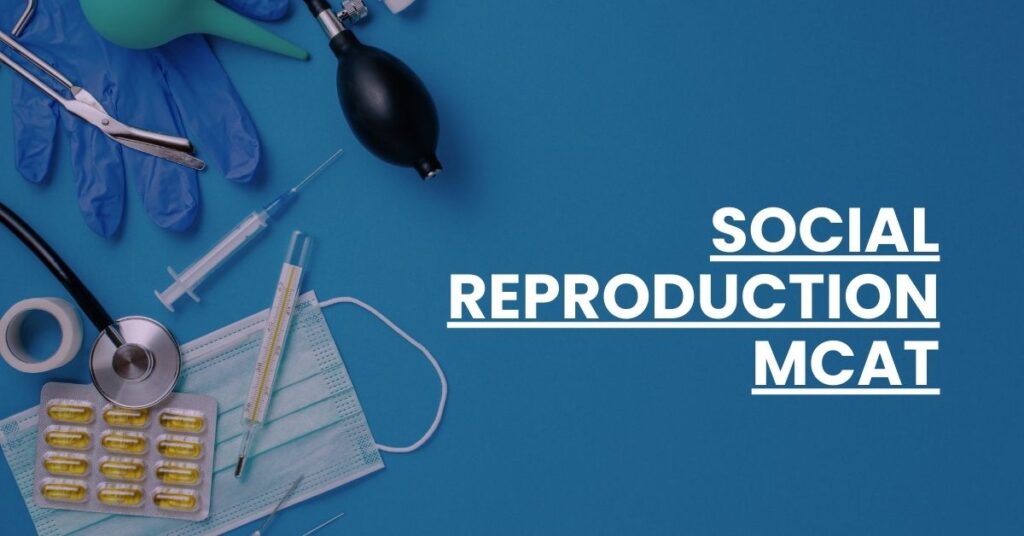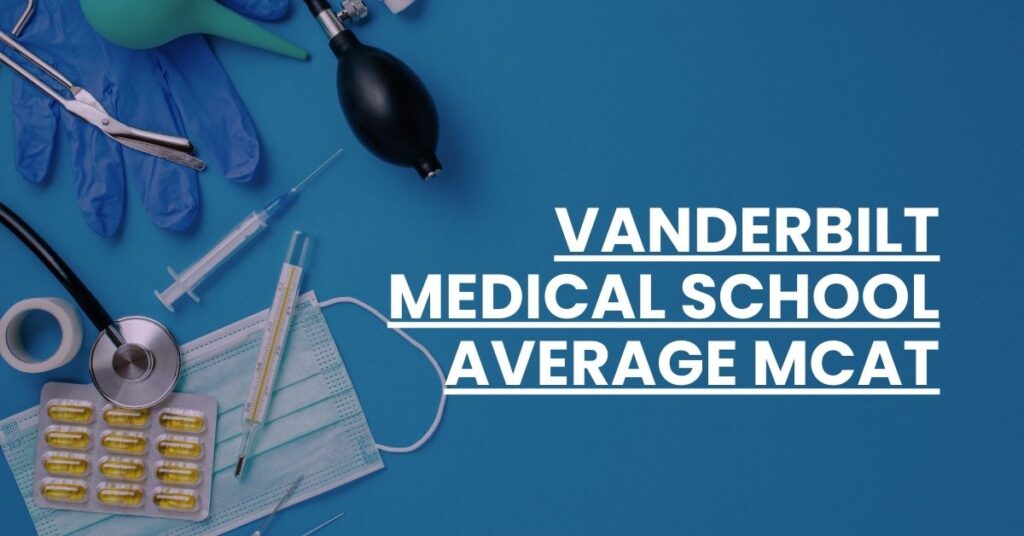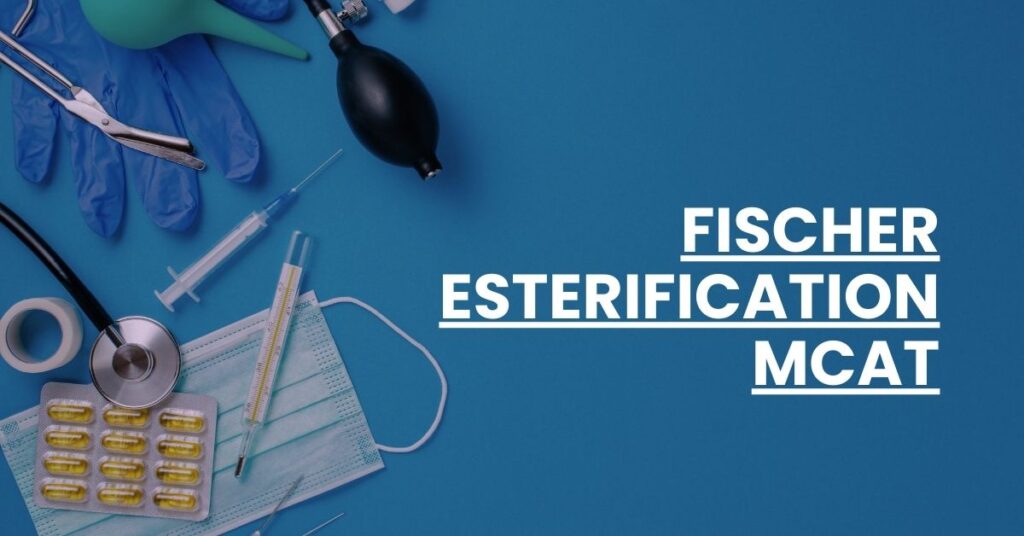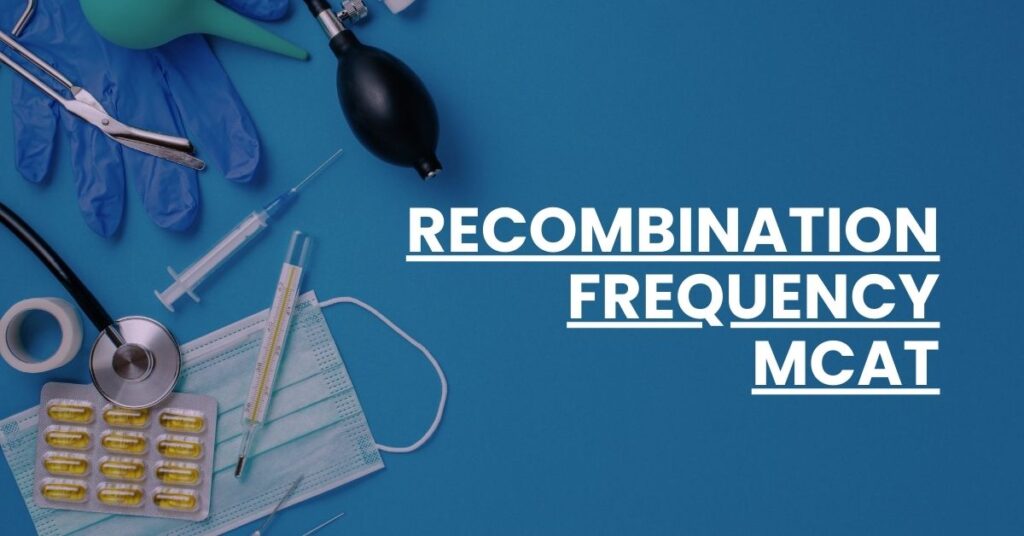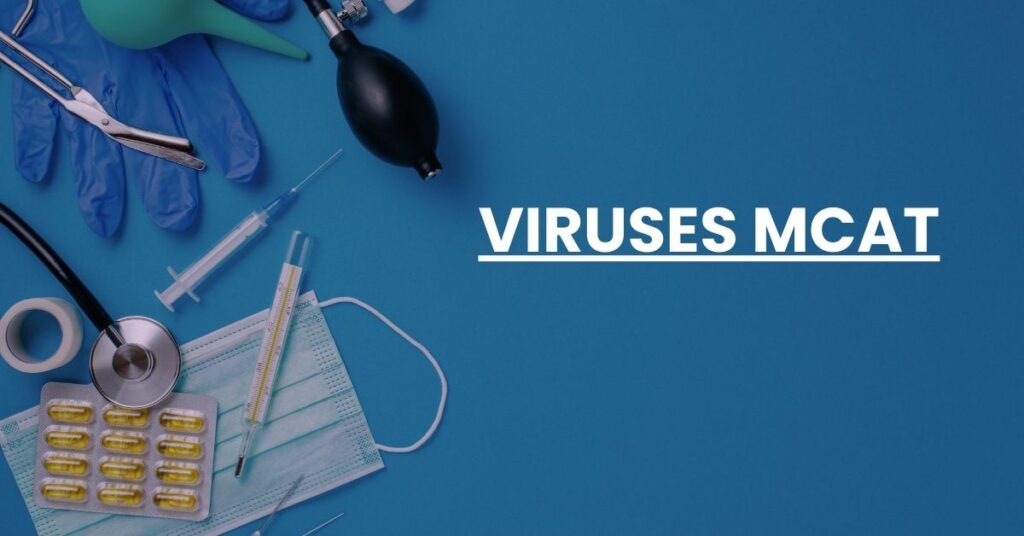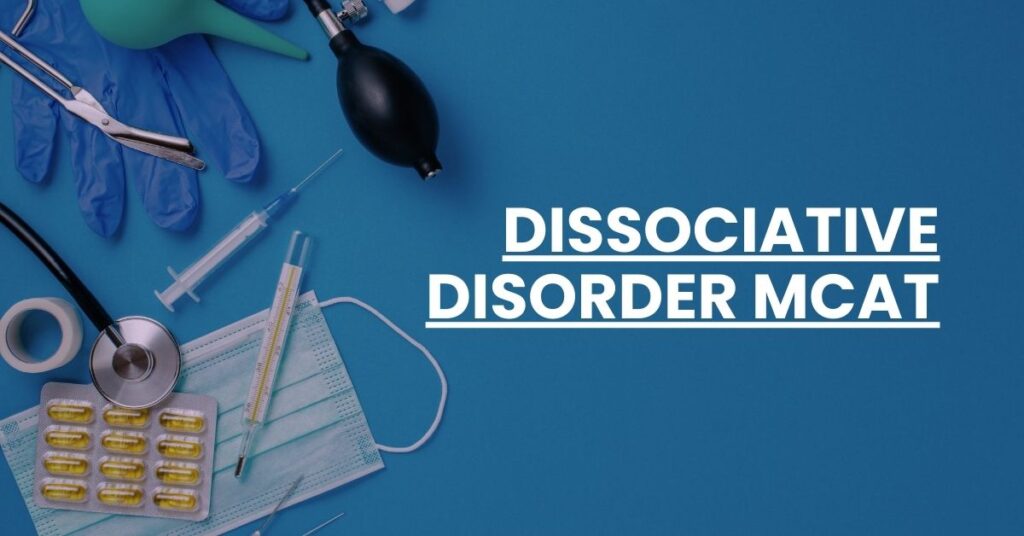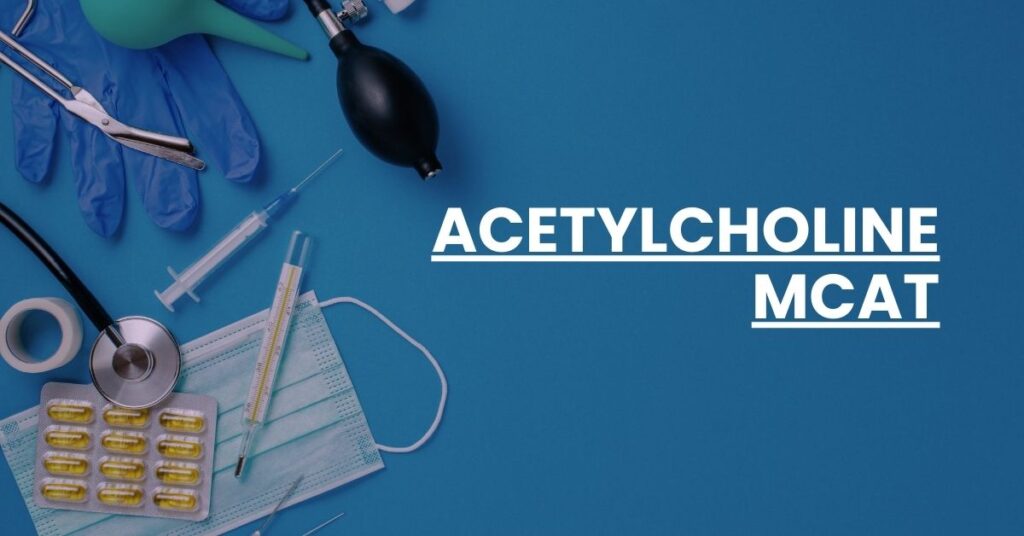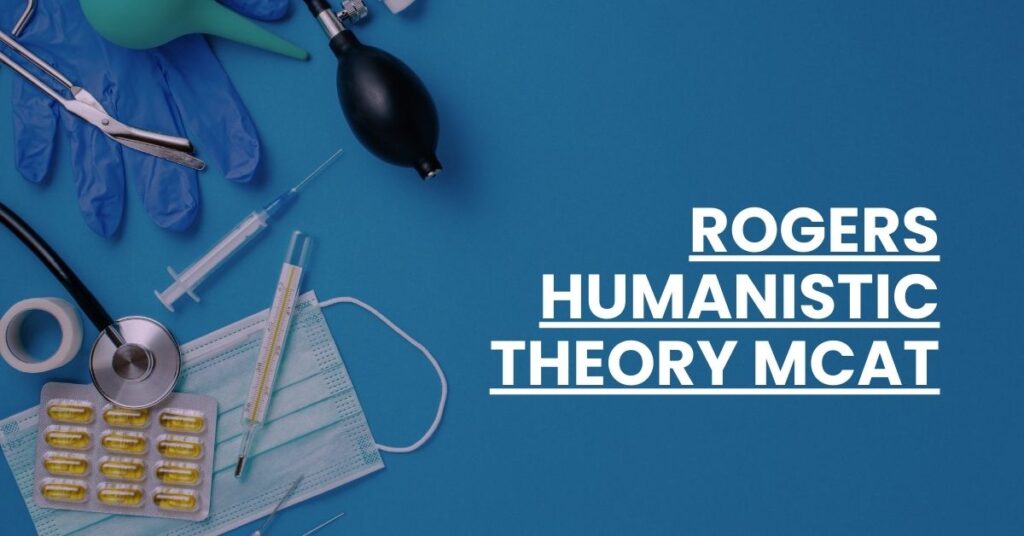Georgetown Medical School Average MCAT
The average MCAT score for the Georgetown Medical School hovers around 512. This score positions aspiring doctors for a competitive application to one of the nation’s prestigious medical institutions renowned for its holistic approach to medicine. In the coming content, discover how this benchmark plays a role in the application process and explore strategies to […]
Georgetown Medical School Average MCAT Read More »


